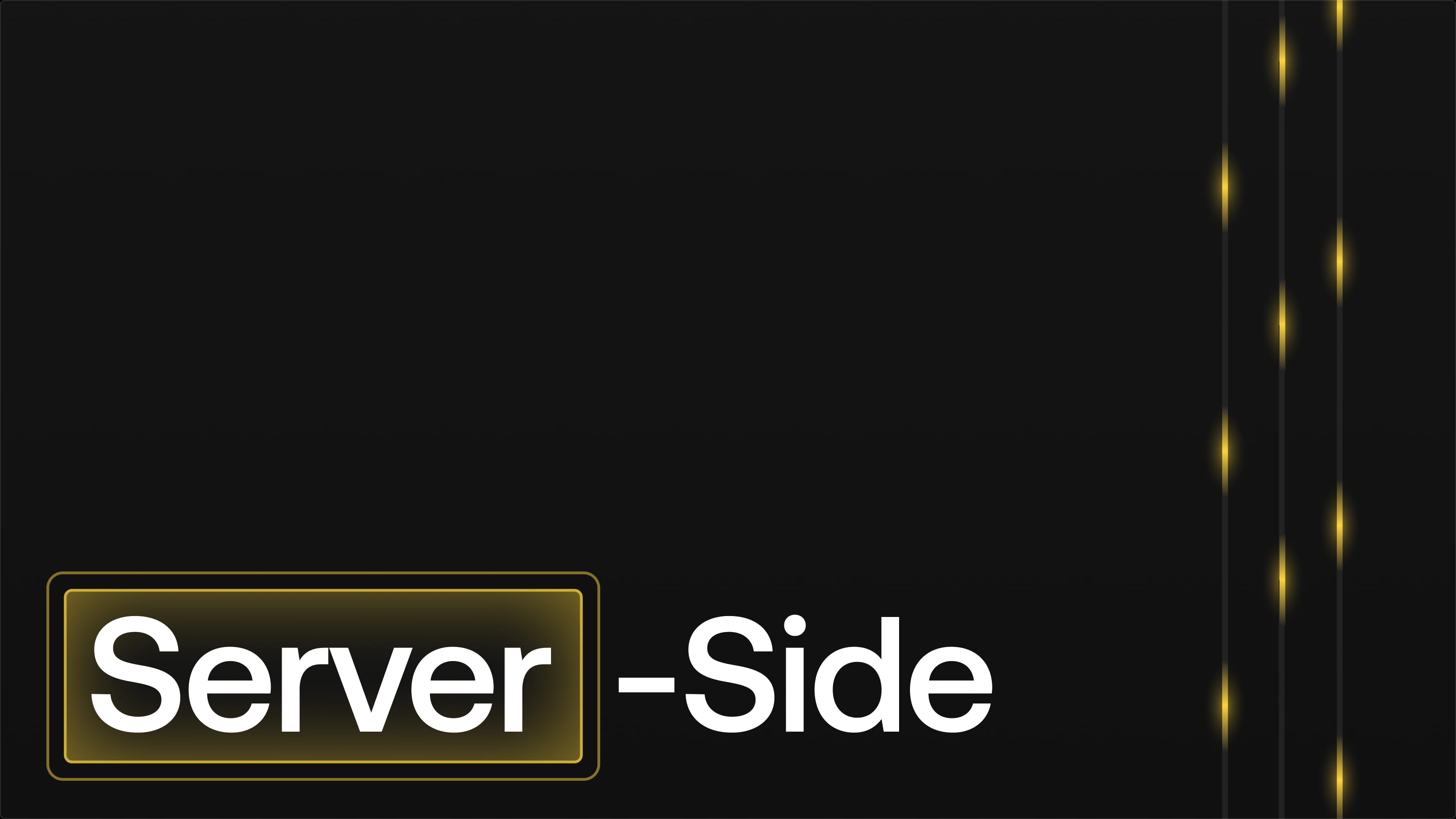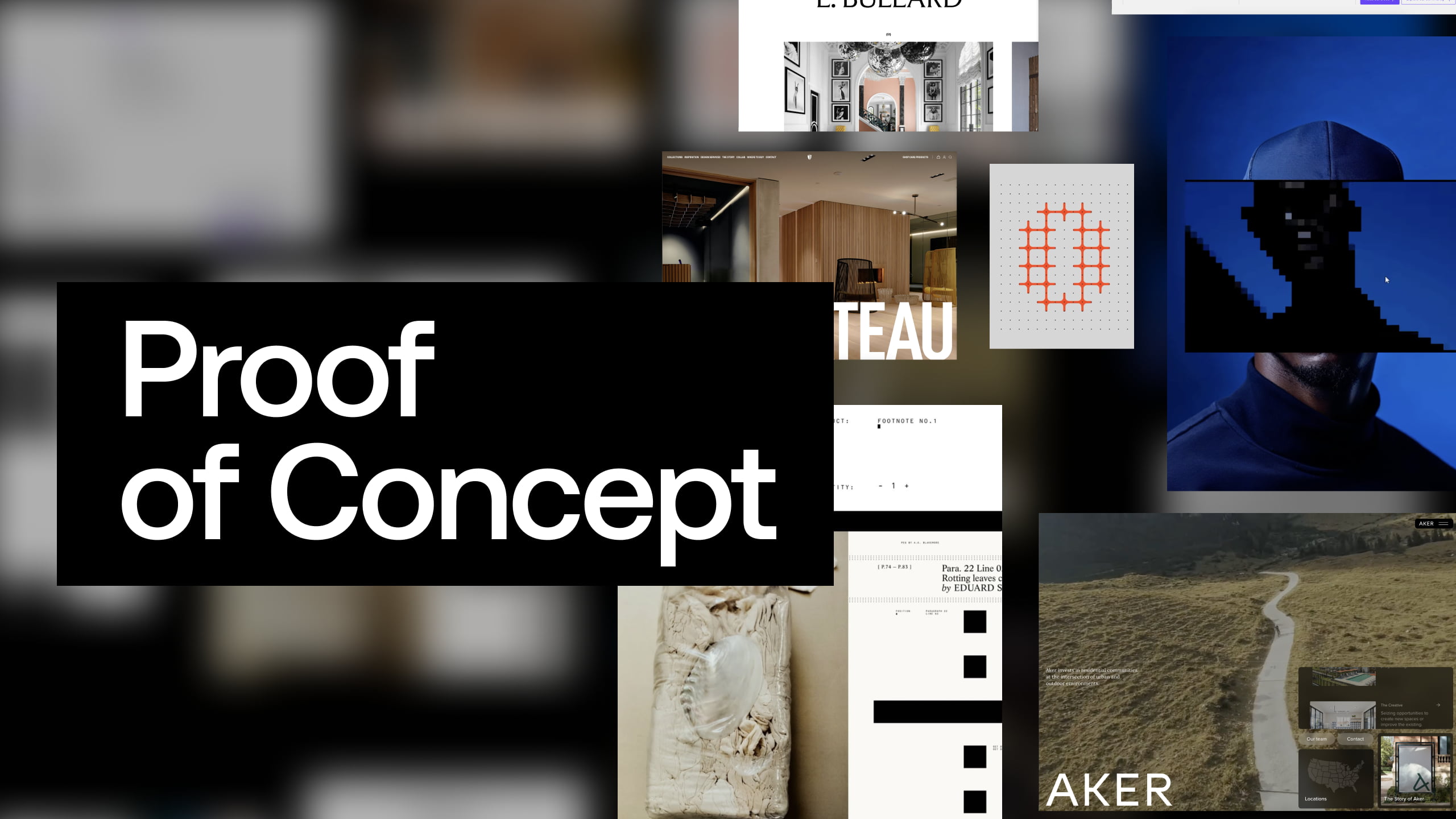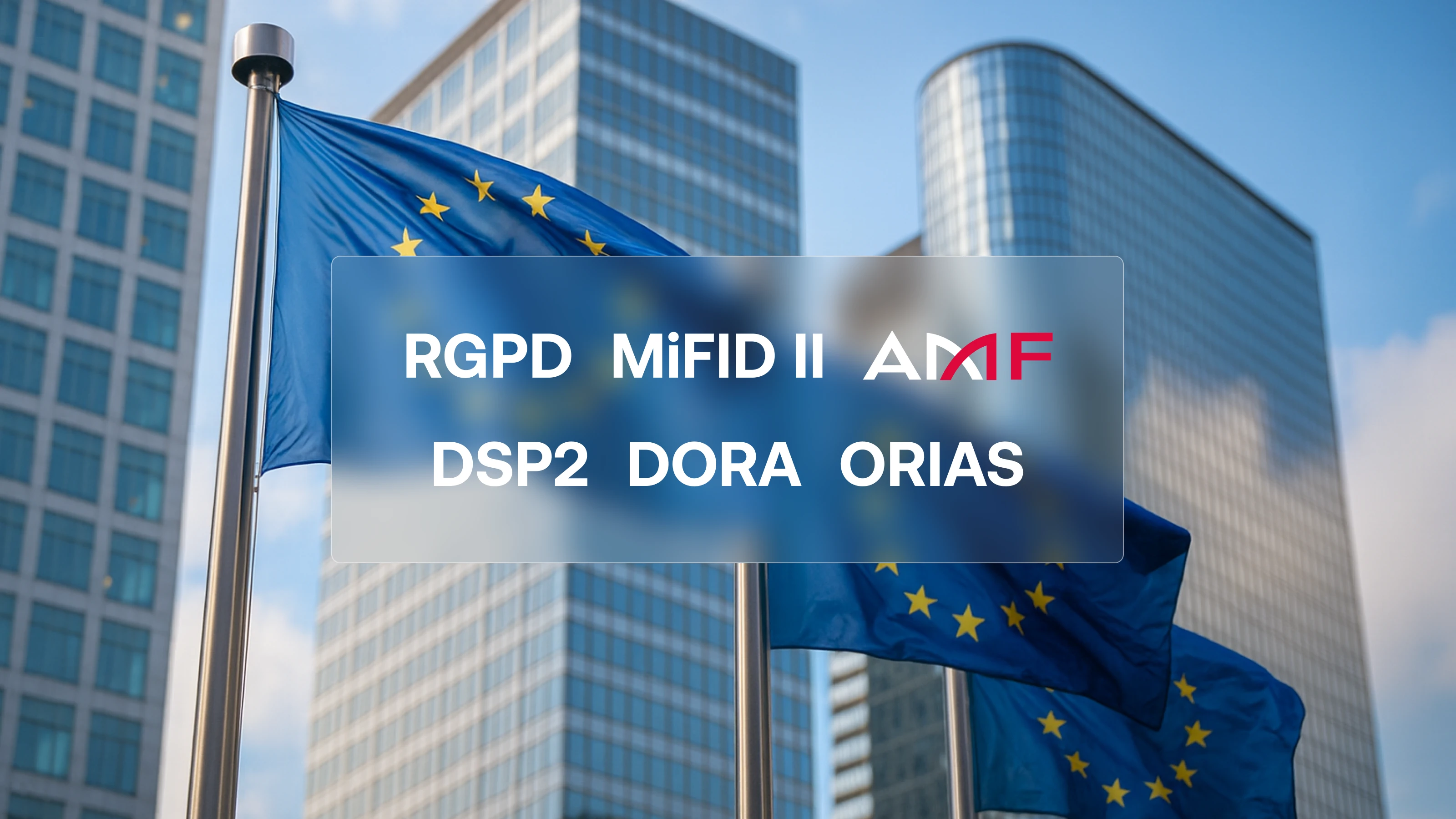Typography is a crucial element of a website and your communication.
Through its shape, size, and color, the font conveys emotions to readers, just like an image or illustration would. Each font is uniquely interpreted and conveys a specific message, particularly related to social codes. For instance, we can easily associate a black-and-white website with a sleek, clean font to something high-end, luxurious, or fashionable. Similarly, a bolder, uppercase italic font fits perfectly within a sports website.
Social codes and web habits today allow us to easily link a font to a sector, product, service, or positioning, making the choice of your typography even more important.
How to choose your font?
When selecting a font, you are actually interested in a font family. A typography family is a set of fonts sharing the same design but varying in style (bold, semi-bold, italic, regular, etc.).
The first step is to consider how many font(s) you will need for your website. Will you use a "super font" for your entire project, or will you choose multiple fonts to distinguish headings, subheadings, and body text?
Next, you need to take several criteria into account when choosing your typography:
- Uppercase and lowercase text
- Punctuation
- Special characters and glyphs
- Family richness (more or fewer styles)
- Readability and accessibility
- Compatibility with other fonts
- Consistency with your brand image
These criteria can complicate the choice of an appropriate typography. Here are 5 tools that will help you find an optimal font for your project.
1. Adobe Fonts

Adobe Fonts is a true database that gathers hundreds of different font families. A very relevant filtering system allows you to find a font based on specific criteria:
- Language,
- Style,
- Classification (Serif, Sans Serif, Egyptian, Cursive, Mono, Hand),
- Width,
- Thickness,
- Eye,
- Contrast,
- etc.
2. Fontjoy

A simple and effective tool for matching multiple font families. Fontjoy allows you to pair several font families either randomly or purposefully. Fonts are highlighted at three levels: title, subtitle, and body text.
If you have already settled on a particular typography, you can select it so the tool can propose complementary fonts randomly.
3. Fontpair

A very useful tool for envisioning! The Fontpair tool allows you to find a font among dozens of free fonts, mostly Google Fonts. The advantage of Fontpair is that it also allows you to discover font pairings. This is very handy if you want to use different fonts for titles and body text, for example.
The tool also offers font previews on website sections. This makes it easier to visualize pairing fonts with styles, colors, and graphic contexts.
AS A BONUS
Fontpair features a Google extension and Figma integration!
4. Google Fonts

Google Fonts includes all fonts recommended and offered by Google. All of these fonts are free, and you can download them directly from the platform.
Google Fonts offers over 1430 font families, in dozens of different languages. You can select your fonts based on simplified categories and properties.
5. Typespiration

Pair colors with your fonts! Typespiration is a free tool that not only helps you find the ideal typography but also associates colors with fonts. Typespiration also allows you to search for font pairings to combine titles and body text. Directly inspired by websites, the visualizations allow you to project yourself when formatting links on text, color text on buttons or CTAs, subline colors, etc.
This tool will help you make your typography a true design element for your site.
Learn more about Typespiration
6. Bonus: Dafont
Dafont is a well-known typography database, particularly because the tool offers hundreds of fonts that can be downloaded for free. With themes, languages, and styles, Dafont allows you to filter, preview, and download numerous fonts for your website.
Learn how to integrate your font into Webflow


.webp)




